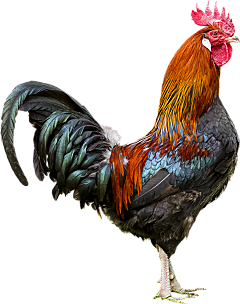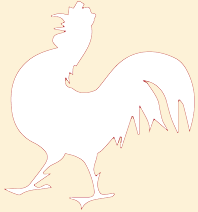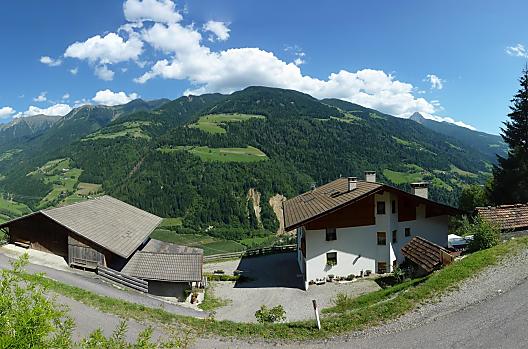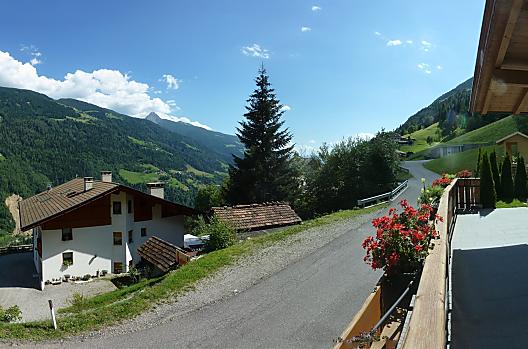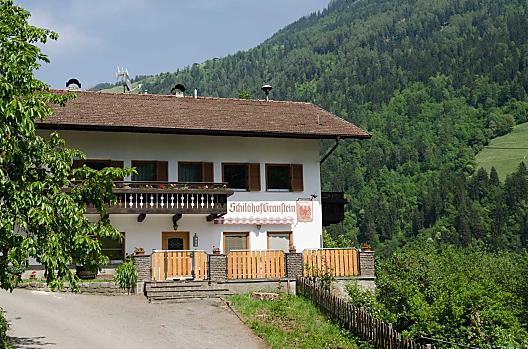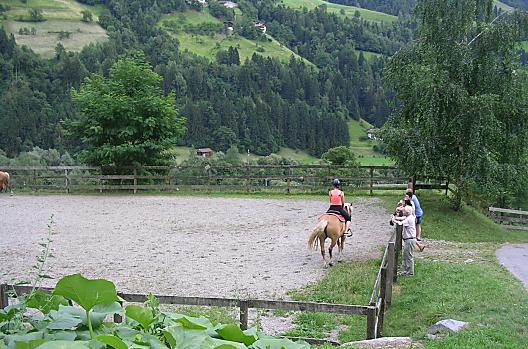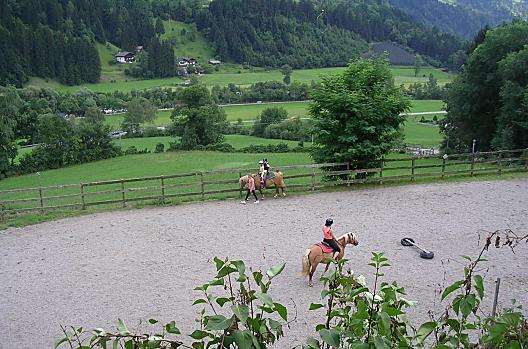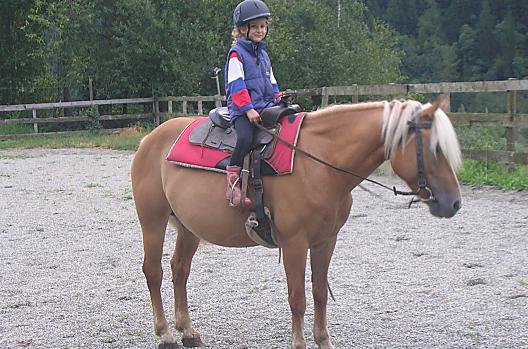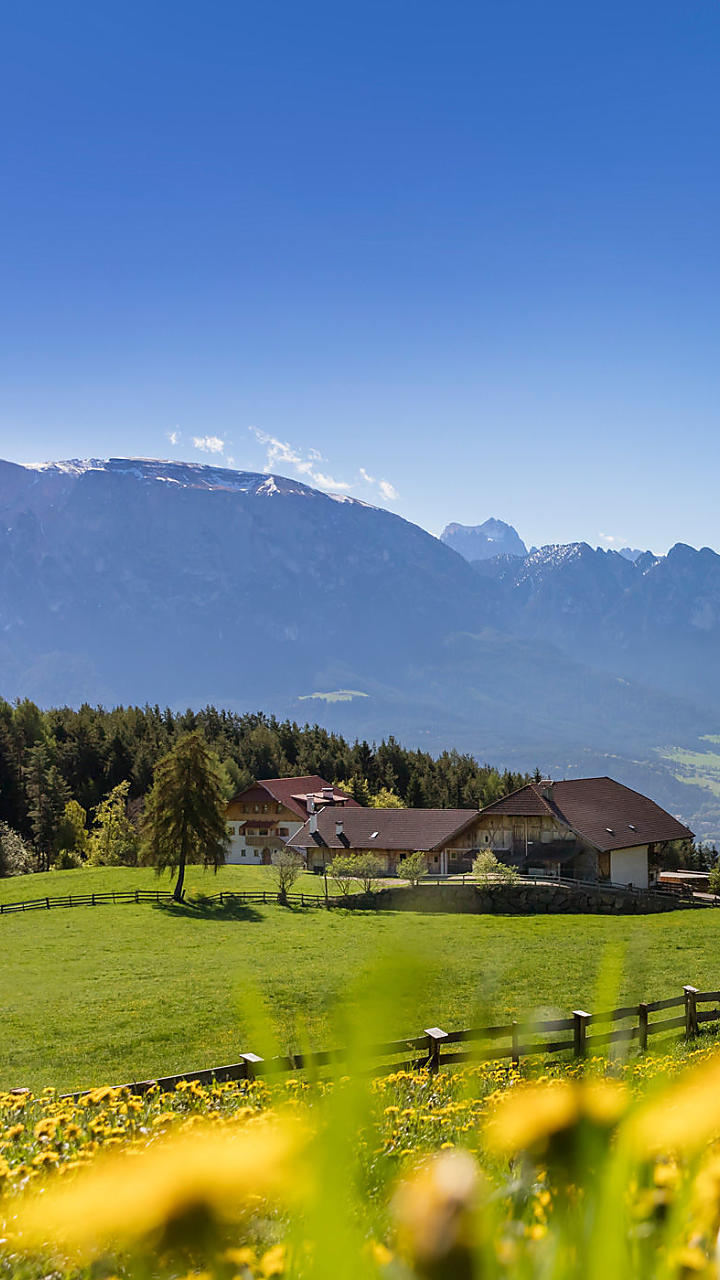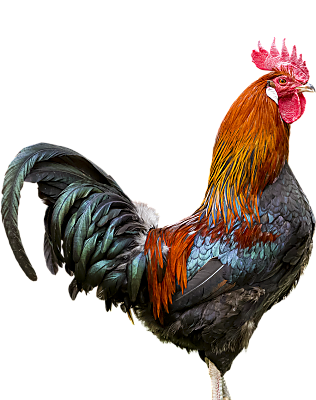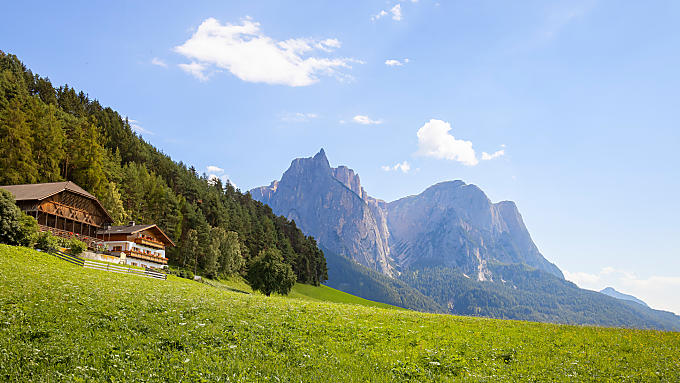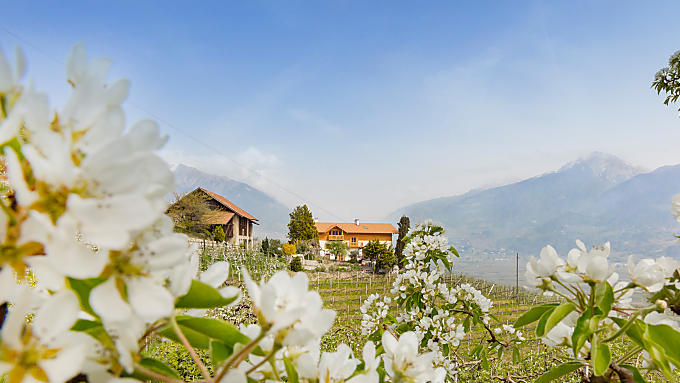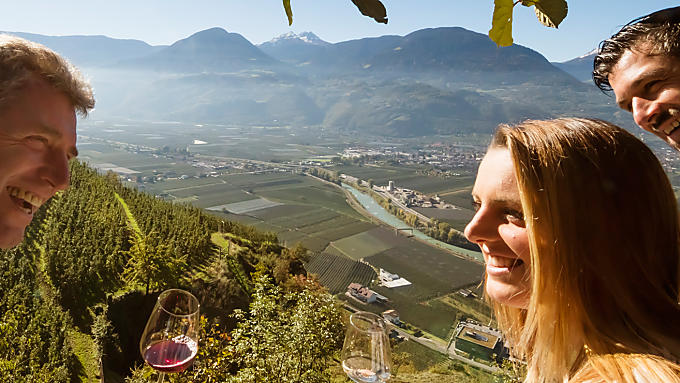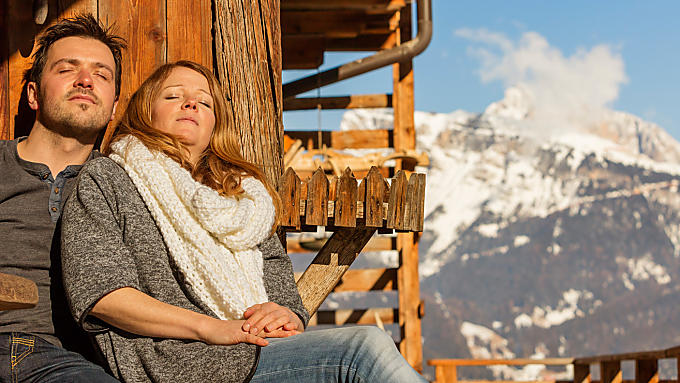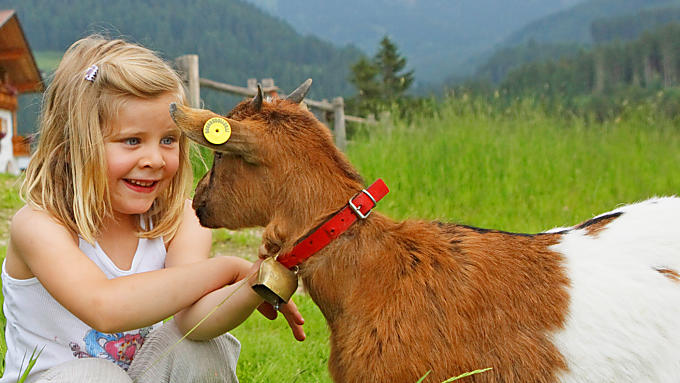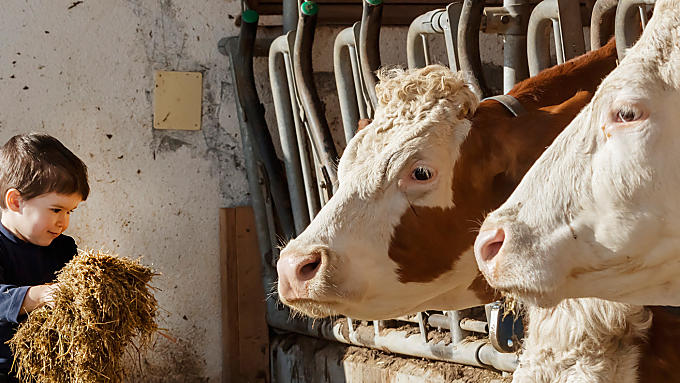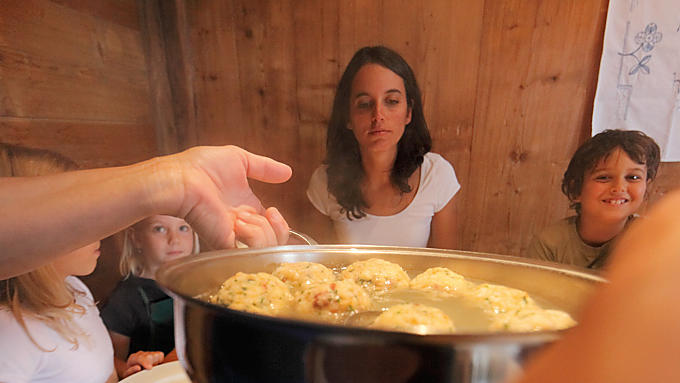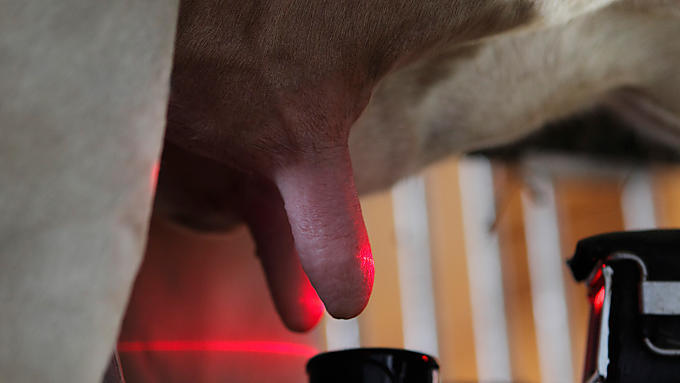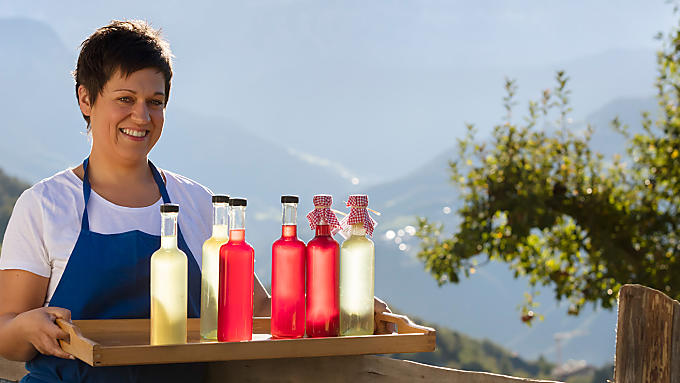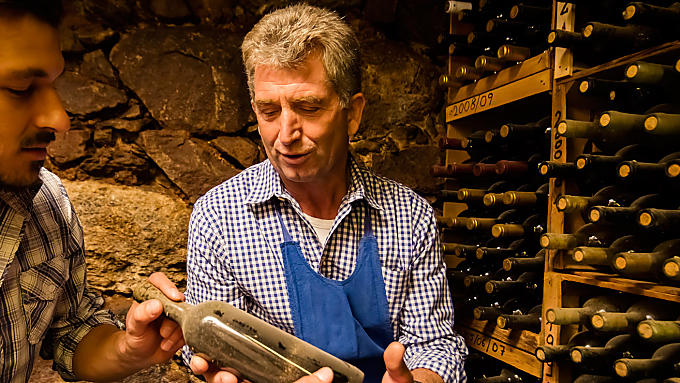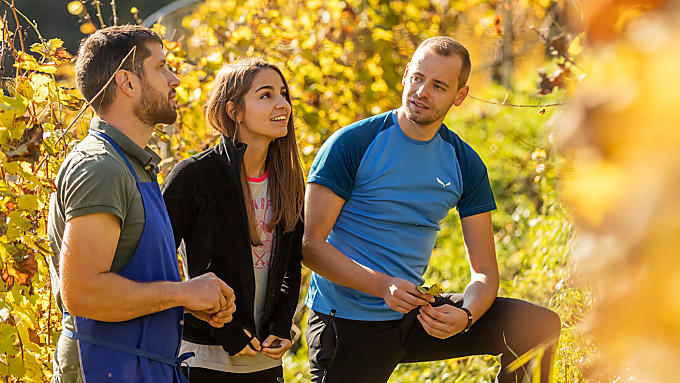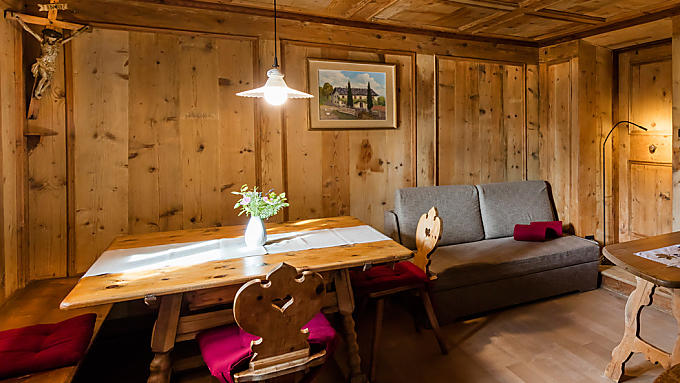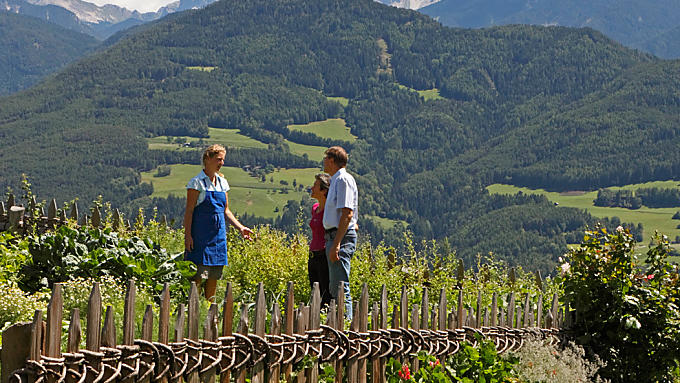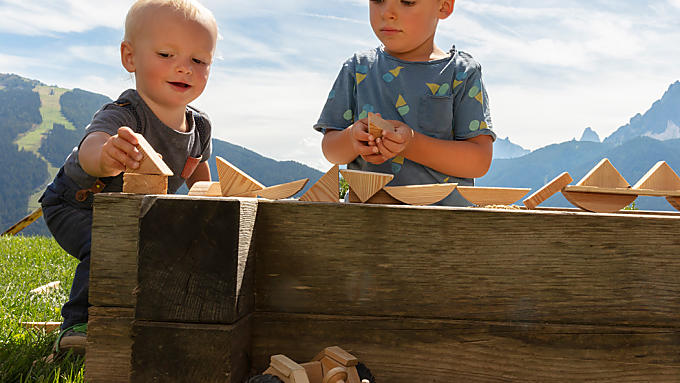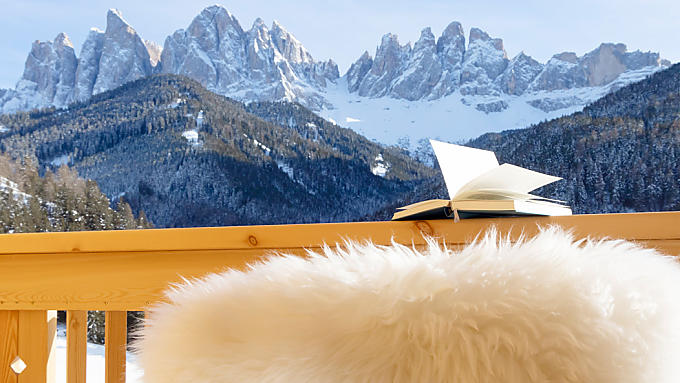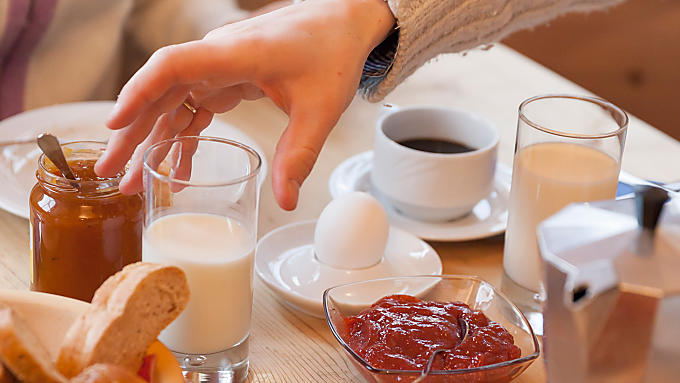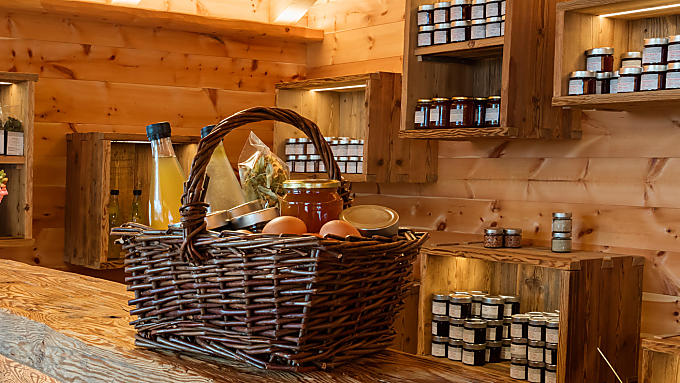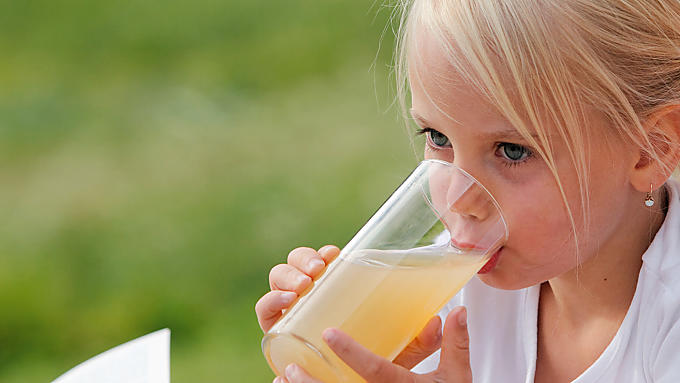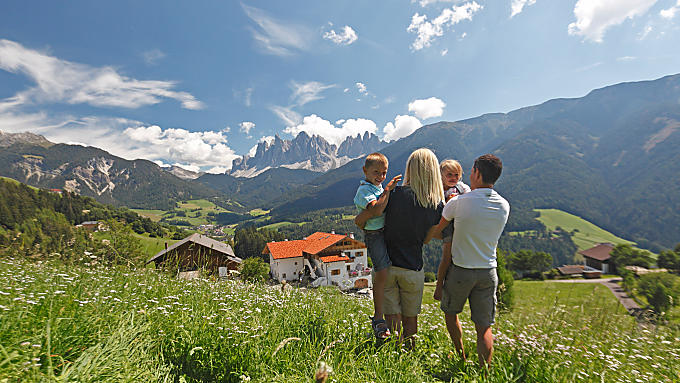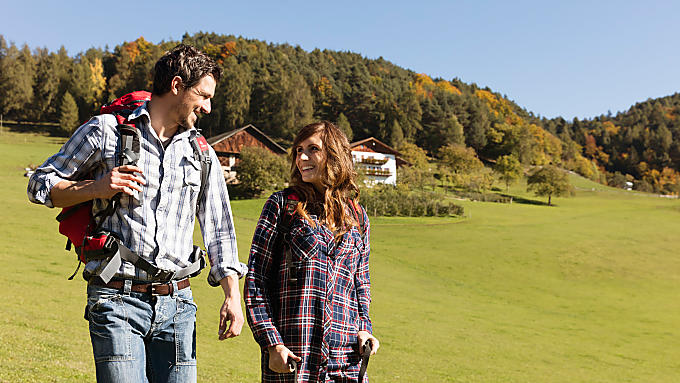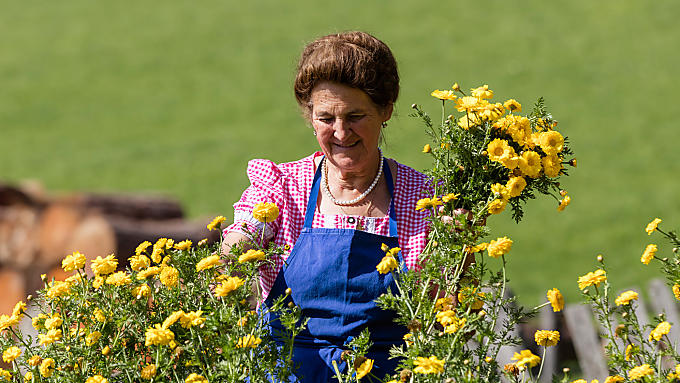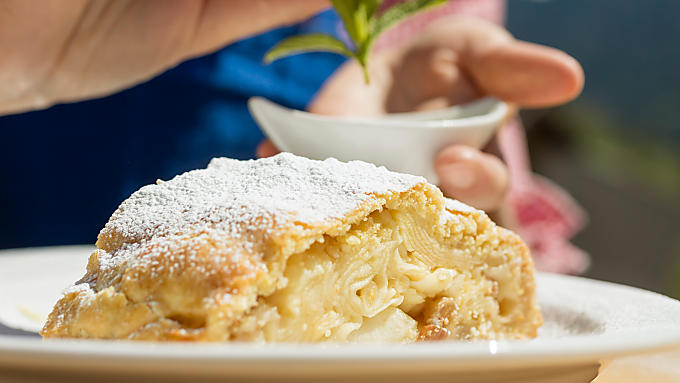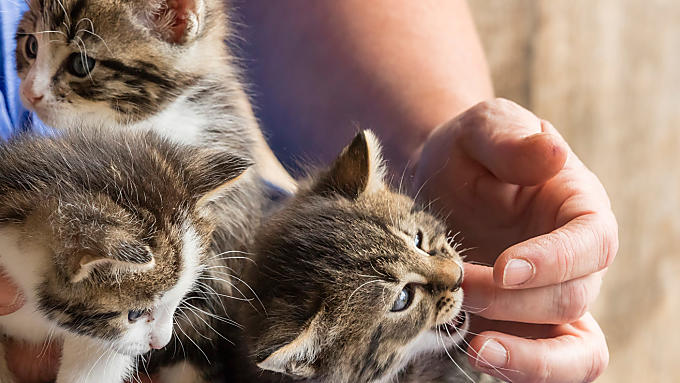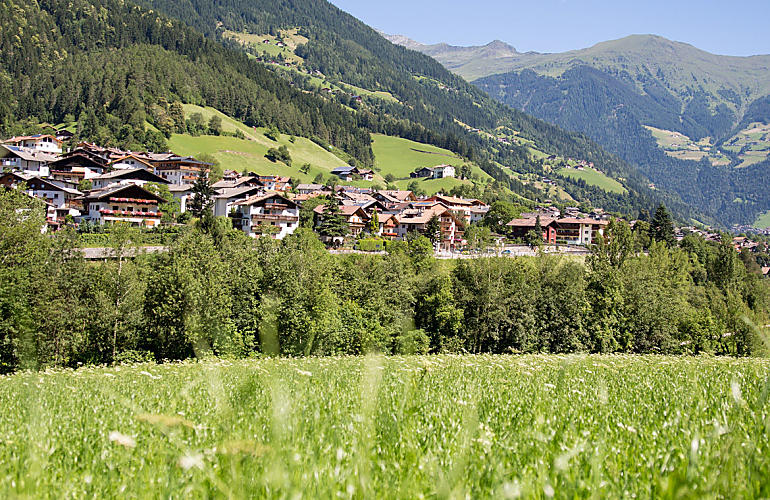
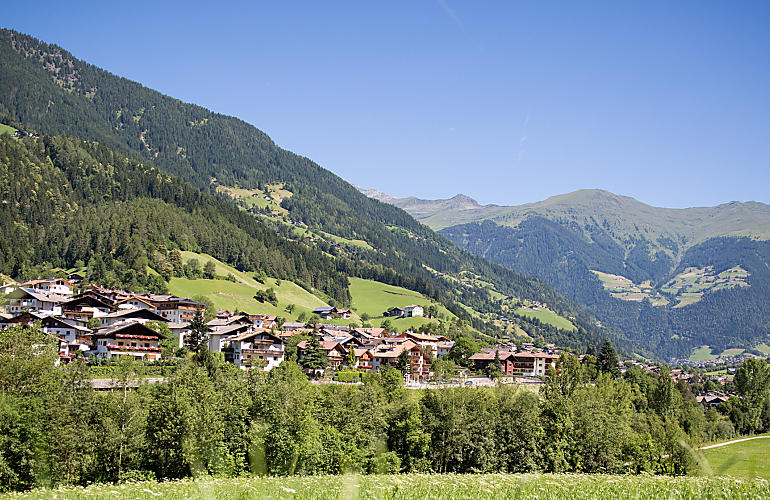
Rich in tradition
Holiday location
Farm Holidays in St. Martin in Passeier
A Farm Holiday in St. Martin in Passeier is ideal for finding a bit of peace and quiet, going on adventurous hikes and for soaking up some culture.
The houses of St. Martin in Passeier are spread over the flat scree between the Passer river and the gently rising hills of Matatz. The 12th -century parish church of St. Martin, which lends the place its name, is at the centre of the village at an altitude of 597 metres. Around the church there are old guild houses and rustic farmsteads next to modern shops. Lots of facades are still decorated with old paintings.
A Farm Holiday in St. Martin in Passeier is ideal for finding a bit of peace and quiet, going on adventurous hikes and for soaking up some culture.
The houses of St. Martin in Passeier are spread over the flat scree between the Passer river and the gently rising hills of Matatz. The 12th -century parish church of St. Martin, which lends the place its name, is at the centre of the village at an altitude of 597 metres. Around the church there are old guild houses and rustic farmsteads next to modern shops. Lots of facades are still decorated with old paintings.
Farm Holidays are available in the villages of Quellenhof, Saltaus or St. Martin in Passeier – the largest village in the whole Passeiertal valley – and it is just 16 kilometres away from the famous spa town of Meran.
An martial art from the Alps
The inhabitants of St. Martin like to stay in touch with their traditions and the countryside. Lots of mountain farmers still mow their meadows by hand and farm using organic methods. There are historical machines and tools on show in a small museum in the village showing how the local people used to go about their daily work at home and in the fields. Village fetes and festivals traditionally involve some 'granggeln', which is not about a physical scrap, but a traditional Alpine sport that allows young men to pit their strength against each other. 'Ranggeln' is supposed to have originated as an ancient courting ritual. At least once a week, around 30 males between the age of six and 30 meet up to prepare themselves for nail-biting competitions.
Tradition is also the focus of a former painting school in St. Martin in Passeier. This school is where painters received their training for over one hundred years and is the reason why lots of facades are still today adorned with colourful frescoes. Painting no longer goes on in the 'Malerhaus' above the village centre of St. Martin, but the place may be visited.
Witnesses: the 'Schildhöfe' of Passeiertal valley
Anyone on a Farm Holiday in St. Martin in Passeier should get to know the history of the famous 'Schildhöfe' farmsteads, witnesses to bygone times. Seven of these eleven farmhouses may be found in the parish of St. Martin in Passeier: fortress-like buildings, inlaid with ivory and decorated with old sundials or frescoes on their walls. They used to be home to farmers who had won special privileges for themselves thanks to their military expertise. Steinhaus, which acts as a landmark for St. Martin in Passeier, is the oldest one. Fortified like a castle, it occupies the slope above the village centre. Tales tell of a secret tunnel from Steinhaus to the village of Widum beneath. The 'Schildhof' in Saltaus, the southernmost part of the municipality, has been turned into a hotel in the meantime. In the 12th century it was a customs post for the counts of Tirol. The farmsteads may be seen from outside and are reached via a new circular path, the 'Passeirer Schildhöfeweg', right from holiday flats or rooms in St. Martin in Passeier: an easy walk for families with children through meadows and woodland, along the Passer river from St. Martin in Passeier to Saltaus.
Farm Holidays are available in the villages of Quellenhof, Saltaus or St. Martin in Passeier – the largest village in the whole Passeiertal valley – and it is just 16 kilometres away from the famous spa town of Meran.
An martial art from the Alps
The inhabitants of St. Martin like to stay in touch with their traditions and the countryside. Lots of mountain farmers still mow their meadows by hand and farm using organic methods. There are historical machines and tools on show in a small museum in the village showing how the local people used to go about their daily work at home and in the fields. Village fetes and festivals traditionally involve some 'granggeln', which is not about a physical scrap, but a traditional Alpine sport that allows young men to pit their strength against each other. 'Ranggeln' is supposed to have originated as an ancient courting ritual. At least once a week, around 30 males between the age of six and 30 meet up to prepare themselves for nail-biting competitions.
Tradition is also the focus of a former painting school in St. Martin in Passeier. This school is where painters received their training for over one hundred years and is the reason why lots of facades are still today adorned with colourful frescoes. Painting no longer goes on in the 'Malerhaus' above the village centre of St. Martin, but the place may be visited.
Witnesses: the 'Schildhöfe' of Passeiertal valley
Anyone on a Farm Holiday in St. Martin in Passeier should get to know the history of the famous 'Schildhöfe' farmsteads, witnesses to bygone times. Seven of these eleven farmhouses may be found in the parish of St. Martin in Passeier: fortress-like buildings, inlaid with ivory and decorated with old sundials or frescoes on their walls. They used to be home to farmers who had won special privileges for themselves thanks to their military expertise. Steinhaus, which acts as a landmark for St. Martin in Passeier, is the oldest one. Fortified like a castle, it occupies the slope above the village centre. Tales tell of a secret tunnel from Steinhaus to the village of Widum beneath. The 'Schildhof' in Saltaus, the southernmost part of the municipality, has been turned into a hotel in the meantime. In the 12th century it was a customs post for the counts of Tirol. The farmsteads may be seen from outside and are reached via a new circular path, the 'Passeirer Schildhöfeweg', right from holiday flats or rooms in St. Martin in Passeier: an easy walk for families with children through meadows and woodland, along the Passer river from St. Martin in Passeier to Saltaus.
Farm search
Holiday farms in St. Martin in Passeier
3 reasons
A holiday in St. Martin in Passeier
Witnesses to bygone days:
7 historical farmsteads
The Saltaus cable car
to Hirzergebiet
For adventurers: rafting
and paragliding
Sunny pastures and peaks
Passeiertal valley is sunny and the landscape shaped by meadows and woodland. On the mountain pastures of Texelgruppe Nature Park and in the mountains of Kalmtal valley there are lots of easy circular walks.
Passeiertal valley is sunny and the landscape shaped by meadows and woodland. On the mountain pastures of Texelgruppe Nature Park and in the mountains of Kalmtal valley there are lots of easy circular walks.
Family walks full of variety or challenging tours may be set off on from Saltaus or Quellenhof. The cable car at Saltaus will take passengers wishing to conquer the Hirzerspitze peak at 2,781 metres above sea level or just go to a few mountain pastures up to Klammeben, which stops at the high plateau beneath the Hirzer mountain at around 2,000 metres above sea level.
The road to Pfandleralm pasture turns off in Quellenhof near the golf course, which is where Andreas Hofer, the Tyrolean freedom fighter, spent time hiding from his persecutors. The E5 European long distance path also goes along here, which leads from Timmelsjochpass over the Hirzer mountain towards the south. Experienced mountain climbers will love going on tours in the Sarntal Alps and Texelgruppe Nature Park on holiday in St. Martin in Passeier. Winter holidaymakers will not have to huddle by warm stoves in their holiday flats or rooms in St. Martin in Passeier, however, as winter walks and ski tours around the local area await them.

